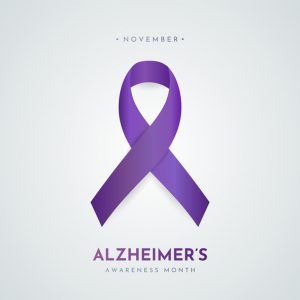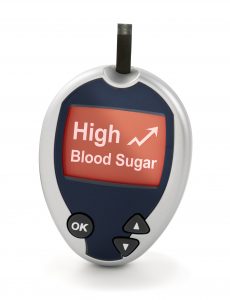 The National Library of Medicine defines cognitive behavioral therapy (CBT) as, “a combination of two therapeutic approaches, known as cognitive therapy and behavioral therapy.” The principle of this approach to therapy is, “What we think, how we feel and how we behave are all closely connected – and all of these factors have a decisive influence on our well-being.”
The National Library of Medicine defines cognitive behavioral therapy (CBT) as, “a combination of two therapeutic approaches, known as cognitive therapy and behavioral therapy.” The principle of this approach to therapy is, “What we think, how we feel and how we behave are all closely connected – and all of these factors have a decisive influence on our well-being.”
The goal of CBT is to work with a licensed mental health provider to change behavioral and thinking patterns over time by applying strategies that may include:
- Identifying and coping with challenges
- Learning about your mental health condition
- Learning how to practically address rational concerns
- Learning ways to identify and manage emotions
- Identifying and reshaping negative or inaccurate thinking
- Facing fears instead of avoiding them
- Practicing new coping skills that can be used in real-life situations
- Setting goals
- Using problem-solving skills
- Learning relaxation or stress-reducing techniques
Cognitive behavioral therapy has proven beneficial in helping to improve a variety of mental health conditions and disorders such as:
- Depression
- Anxiety disorders
- Obsessive-compulsive disorder
- Post-traumatic stress disorder
- Eating disorders
- Phobias
CBT is appropriate for adults and children. It can be conducted in one-on-one or group settings and delivered in person or online. According to Psychology Today, it may take 5 to 20 weekly sessions of about 45 minutes each for cognitive behavioral therapy to be effective. However, treatment may continue for additional sessions if needed. Cognitive behavioral therapy may be used alone or combined with medication therapy to address a person’s needs.
To learn more about cognitive behavioral therapy or to schedule an appointment with a mental health provider at Flushing Hospital Medical Center, please call (718) 670-5316.
All content of this newsletter is intended for general information purposes only and is not intended or implied to be a substitute for professional medical advice, diagnosis or treatment. Please consult a medical professional before adopting any of the suggestions on this page. You must never disregard professional medical advice or delay seeking medical treatment based upon any content of this newsletter. PROMPTLY CONSULT YOUR PHYSICIAN OR CALL 911 IF YOU BELIEVE YOU HAVE A MEDICAL EMERGENCY.









